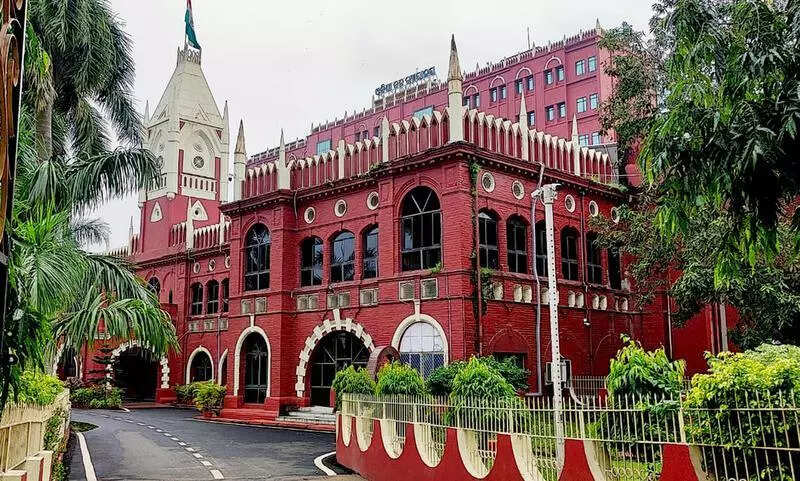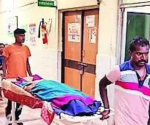HC stays NHRC proceedings in KIIT student suicide case | Bhubaneswar News

Cuttack: Orissa high court has issued a stay order on all National Human Rights Commission (NHRC) proceedings related to the alleged suicide of a Nepalese student at KIIT deemed to be University on Feb 16. The court has also suspended the NHRC’s March 27 order that had held the university accountable for the incident, saying it had violated principles of natural justice as KIIT was not given an opportunity to be heard.
Justice S K Panigrahi, while hearing a petition filed by KIIT and Kalinga Institute of Social Sciences (KISS), emphasized that adherence to principles of natural justice is crucial in quasi-judicial proceedings. The court has issued notice to NHRC to respond by April 26, with the next hearing scheduled for April 29.
“It must be underscored that when orders are passed by quasi-judicial authorities, adherence to the principles of natural justice is not a mere formality, but a foundational requirement. The absence of notice or the denial of an opportunity to be heard renders such exercise susceptible to challenge and vitiates the fairness of the process,” the HC noted.
The case involves a complex series of events leading to the tragic death of a Nepalese student. According to university submissions, the deceased had initially filed a complaint against a fellow student on Jan 12, regarding inappropriate photographs. Despite attempted resolutions and written undertakings between parties, the situation escalated, ultimately leading to the student’s death.
KIIT authorities challenged the NHRC’s March 27 order in which it had criticized the university’s handling of the situation, noting “gross negligence” by university officials and expressing concern over the mass exodus of students from hostels following the incident.
KIIT authorities argued they were not provided with the inquiry report or findings before the order was issued, violating Section 16 of the Protection of Human Rights Act, 1993.
The court has directed various authorities, including the state govt, district collector (Khurda), police commissioner and UGC chairman to halt any actions based on the NHRC’s order until the next hearing.
This case has gained national attention, with the Supreme Court including it in a broader examination of student suicides in educational institutions. A National Task Force, headed by former Supreme Court Judge S Ravindra Bhat has been formed to investigate such incidents across India.
Justice S K Panigrahi, while hearing a petition filed by KIIT and Kalinga Institute of Social Sciences (KISS), emphasized that adherence to principles of natural justice is crucial in quasi-judicial proceedings. The court has issued notice to NHRC to respond by April 26, with the next hearing scheduled for April 29.
“It must be underscored that when orders are passed by quasi-judicial authorities, adherence to the principles of natural justice is not a mere formality, but a foundational requirement. The absence of notice or the denial of an opportunity to be heard renders such exercise susceptible to challenge and vitiates the fairness of the process,” the HC noted.
The case involves a complex series of events leading to the tragic death of a Nepalese student. According to university submissions, the deceased had initially filed a complaint against a fellow student on Jan 12, regarding inappropriate photographs. Despite attempted resolutions and written undertakings between parties, the situation escalated, ultimately leading to the student’s death.
KIIT authorities challenged the NHRC’s March 27 order in which it had criticized the university’s handling of the situation, noting “gross negligence” by university officials and expressing concern over the mass exodus of students from hostels following the incident.
KIIT authorities argued they were not provided with the inquiry report or findings before the order was issued, violating Section 16 of the Protection of Human Rights Act, 1993.
The court has directed various authorities, including the state govt, district collector (Khurda), police commissioner and UGC chairman to halt any actions based on the NHRC’s order until the next hearing.
This case has gained national attention, with the Supreme Court including it in a broader examination of student suicides in educational institutions. A National Task Force, headed by former Supreme Court Judge S Ravindra Bhat has been formed to investigate such incidents across India.
















